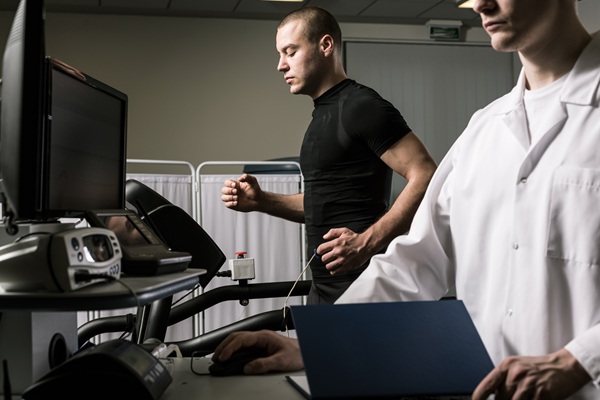4 Signs That You Should Visit a Doctor That Practices Interventional Cardiology

Interventional cardiology is an important branch of medicine. Doctors in this field diagnose and treat people with heart conditions. Instead of using invasive surgery, the physicians employ catheter-based techniques. It is helpful to know whether you are a candidate to visit with an interventional cardiologist.
Different procedures
A person’s family doctor may first detect heart problems through a routine physical. This doctor may refer a patient to a cardiologist, who can perform various tests such as an MRI, CT scan or electrocardiogram (ECG). For additional information or opinions on a person’s condition, the patient may consult a medical professional in interventional cardiology. This doctor will diagnose and help the person with treatments such as angioplasty and atherectomy. These all take place in the hospital and will allow the patient to return home on the same day.
The person feels dizzy
It is not uncommon for a person to have an occasional bout with dizziness. This can occur following a blow to the head or from being jostled around in a car accident or amusement park ride. However, prolonged dizziness could be a sign that the individual is not getting enough blood to the brain. A visit to the interventional cardiology department could test for heart arrhythmia or other conditions.
The person is constantly tired
It is normal to feel exhausted from time to time. A hard day at work, an intense exercise routine or a bad night’s sleep may cause this state. Feeling this way for no apparent reason should concern anyone. Doctors in interventional cardiology may discover that an irregular heartbeat is the culprit. If a person’s heart beats too fast or too slow, weakness and extreme tiredness can be the result.
The person experiences shortness of breath
If climbing a short set of stairs or taking a modest walk puts someone out of breath, they could have more serious problems than being out of shape. This sensation could mean the individual’s arteries are clogged with plaque. This restricts blood flow throughout the body, which can also affect someone’s breath.
The person has high blood pressure
Many interventional cardiology patients have elevated blood pressure. Often, a primary care doctor will discover this through a routine physical. An abnormal blood pressure puts a person at a higher risk of developing heart disease. There could be other factors at play as well. An interventional cardiologist can conduct tests with catheters to detect heart arrhythmia or other potential concerns. A consistent blood pressure of 140 over 90 should be a clue that the individual should see a doctor.
Help is available at the interventional cardiology department
No one wants to hear they have heart disease or other cardiovascular problems. If you receive this news, it may be a shock. Still, there are options to overcome the effects of these issues. By working with an interventional cardiologist, you can manage your symptoms and control your heart condition. If any of these warning signs are bothering you, call your doctor today and schedule an appointment for testing.
Get more information about Florida Premier Cardiology in Boynton Beach at https://boyntonbeach.floridapremiercardio.com.
Check out what others are saying about our services on Yelp: Read our Yelp reviews.
Recent Posts
A cardiac stress test is a diagnostic tool to evaluate how well the heart performs under physical stress. Cardiologists use this test to detect underlying cardiovascular conditions, monitor treatment progress, or assess the risk of future heart complications. Cardiac stress tests are essential in the early detection and management of heart disease.A cardiac stress test…
Peripheral arterial disease affects blood flow in the arteries, most commonly in the legs. It develops due to plaque buildup in the arteries that causes them to narrow and restrict circulation, possibly leading to discomfort, difficulty walking, and other serious complications. Recognizing the symptoms early and exploring treatment options can help improve the quality of…
Receiving cardiovascular treatment is a critical step in managing heart health, but recovery and long-term are equally vital to ensure long-term wellness. Whether the treatment involves medication management, interventional procedures, or surgery, maintaining a relationship with the cardiologist and following their recovery guidelines is crucial. A structured follow-up plan allows patients to maintain the benefits…
An echocardiogram is a common and painless test that helps doctors evaluate heart health. This test uses sound waves to create images of the heart, allowing cardiologists to examine its structure and function. Many people feel nervous before a medical test, but understanding what to expect can help reduce stress.An echocardiogram is a diagnostic test…


